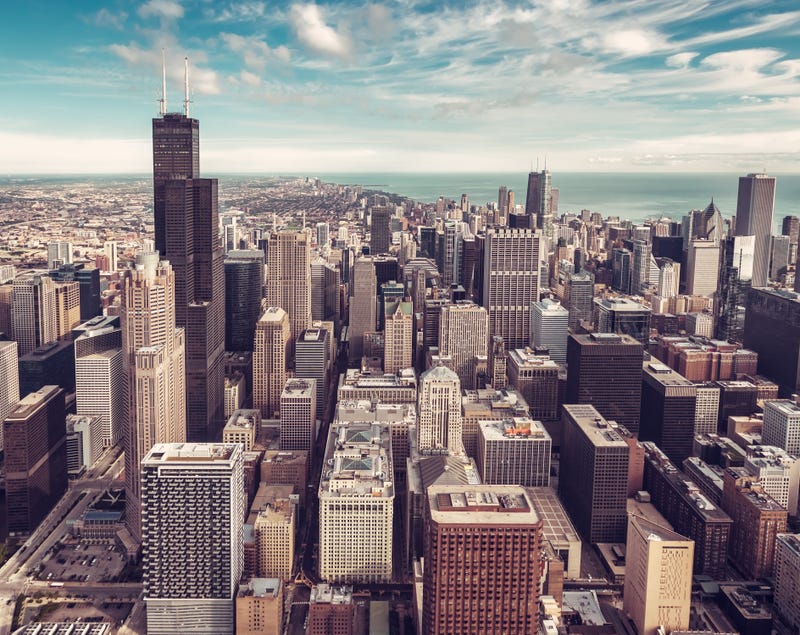
(WBBM NEWSRADIO) — Chicagoans appear poised to reject the city’s so-called “Bring Chicago Home” referendum. With 79% reporting, a majority of the counted votes were against raising the city’s real estate transfer tax on the sales of properties valued at more than $1 million.
Those who backed the measure touted it as a way to generate $100 million to address the root causes of homelessness. In an election where voter turnout barely cracked 20 percent, though, opponents of Bring Chicago Home were leading by more than 22,000 votes by 11:30 p.m.
The referendum had support from Mayor Brandon Johnson, who campaigned on a “tax the rich” agenda in 2023, as well as from progressive leaders who fought to pass Bring Chicago Home during the Lori Lightfoot administration. In a statement, the Bring Chicago Home coalition called the partial results “disappointing.”
“There are still 100,000 outstanding mail-in ballots to be counted, but whatever the final count, one thing is abundantly clear tonight: how determined our opponents are to continue profiting from displacement and inequality,” the statement read.
Under the measure, changes to Chicago’s real estate transfer tax would have been threefold: The tax on property sales valued under $1 million would drop by 20%; the tax on property sales valued over $1 million would increase by 233%; and the tax on property sales valued over $1.5 million would increase by 400%.
The tax increases would have only been applied to the amount of the sale that exceeds $1 million or $1.5 million, respectively.
The revenue from the tax increase, according to the referendum, would have been used to build permanent affordable housing and to fund services aimed at helping people find and maintain permanent housing in Chicago.
Critics of the plan previously argued that the mayor never presented a specific plan on how to spend that money.
University of Chicago public policy professor Christopher Berry told WBBM that while the homeless situation in Chicago is truly a crisis, he thinks raising the transfer tax on properties worth more than $1 million was genuinely a tough call.
“Voters are a little bit reluctant to give new sources of revenue to a set of politicians who they, by and large, don’t have a lot of faith in,” Berry said.
In the months leading up to the Illinois primary election, the referendum was subject to intense court battles, with real estate and developer groups suing to get the measure taken off of the ballot. Only six days before the primary, the Illinois Supreme Court finally confirmed that voters would have the power to decide Bring Chicago Home’s fate.
Officials with the Bring Chicago Home coalition vowed to “keep fighting for housing justice.”
Listen to our new podcast Looped In: Chicago
Listen to WBBM Newsradio now on Audacy!
Sign up and follow WBBM Newsradio
Facebook | Twitter | Instagram | TikTok
